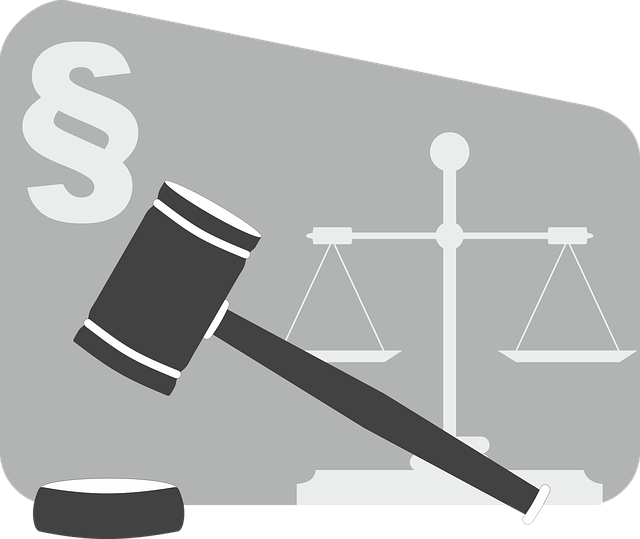The Impact of Antitrust Laws on Small Businesses: To thrive, small businesses must navigate complex antitrust regulations like the Sherman Act, avoiding collusion, maintaining transparent pricing, and respecting IP to mitigate legal risks. C-Level investigations present both challenges (fines, costs) and opportunities (restructuring, competitiveness), demanding strategic planning, proactive measures, and tailored legal representation to safeguard reputation and financial stability. Adhering to antitrust laws is crucial for risk mitigation and protection of interests, especially with significant implications for small enterprises.
“Uncover the intricate world of C-Level investigations and its profound impact on small businesses. With a focus on antitrust laws, this article provides a comprehensive framework for entrepreneurs. We explore how these regulations can both challenge and empower smaller enterprises, offering valuable insights into navigating complex legal territories. From understanding key principles to implementing risk mitigation strategies, gain practical knowledge on managing potential C-Level investigations and their unique implications.”
- Understanding Antitrust Laws: A Framework for Small Businesses
- The Impact on Small Enterprises: Challenges and Opportunities
- Navigating C-Level Investigations: Strategies for Mitigating Risks
Understanding Antitrust Laws: A Framework for Small Businesses

Small businesses often operate within a complex legal landscape, and understanding antitrust laws is a critical aspect of navigating this environment. Antitrust legislation, such as the Sherman Antitrust Act, aims to promote fair competition in the marketplace by prohibiting agreements or practices that restrict trade or stifle innovation. For small enterprises, grasping these laws is essential, especially as they can significantly impact business strategies and operations.
By comprehending antitrust regulations, small businesses can ensure their activities remain within legal boundaries. This includes avoiding collusion with competitors, maintaining transparent pricing structures, and respecting the intellectual property rights of others. Being mindful of these considerations throughout all stages of the investigative and enforcement process, from initial inquiries by regulatory bodies to potential trials for white collar defense or charges of white collar and economic crimes, can help businesses mitigate legal risks and foster a culture of compliance.
The Impact on Small Enterprises: Challenges and Opportunities

The launch of C-Level investigations can significantly impact small enterprises, presenting both challenges and opportunities. While large corporations often have robust legal defenses and resources to navigate complex investigations, smaller businesses may face unique difficulties. The impact of antitrust laws on small businesses is a key concern, as these laws aim to protect fair competition but can burden resource-limited firms with hefty fines and legal costs. Small enterprises might struggle to secure qualified general criminal defense attorneys, especially in cases involving intricate regulatory issues.
However, these investigations also offer opportunities for growth and restructuring. By addressing potential violations and implementing robust internal controls, small businesses can emerge more resilient and competitive. Achieving extraordinary results in these scenarios often requires proactive measures, strategic planning, and efficient legal representation tailored to the specific needs of smaller entities.
Navigating C-Level Investigations: Strategies for Mitigating Risks

Navigating C-Level Investigations requires a strategic approach to mitigate risks effectively. When high-level executives are involved, investigations can have a significant impact on an organization’s reputation and financial stability. In light of this, businesses must be proactive in understanding and adhering to legal frameworks, such as antitrust laws, which have profound implications for small businesses as well.
The unprecedented track record of successful C-level investigations underscores the importance of robust internal controls and compliance programs. By fostering a culture of ethical conduct and transparency, organizations can minimize the risk of white collar and economic crimes. Furthermore, engaging with philanthropic and political communities can provide valuable insights and support during challenging times, ensuring that investigations are conducted fairly and with minimal disruption to business operations.
The impact of antitrust laws on small businesses is a complex landscape that requires careful navigation. As these investigations can significantly affect C-level executives and the entire organization, understanding the framework and implementing risk mitigation strategies are vital. By adhering to competition laws, small enterprises can unlock opportunities for growth while ensuring they stay within legal boundaries. This balanced approach empowers businesses to thrive in a fair market environment, fostering innovation and long-term success.






